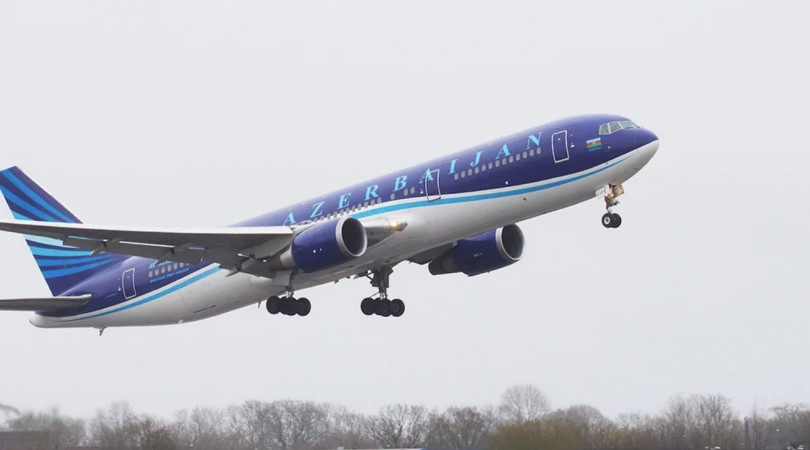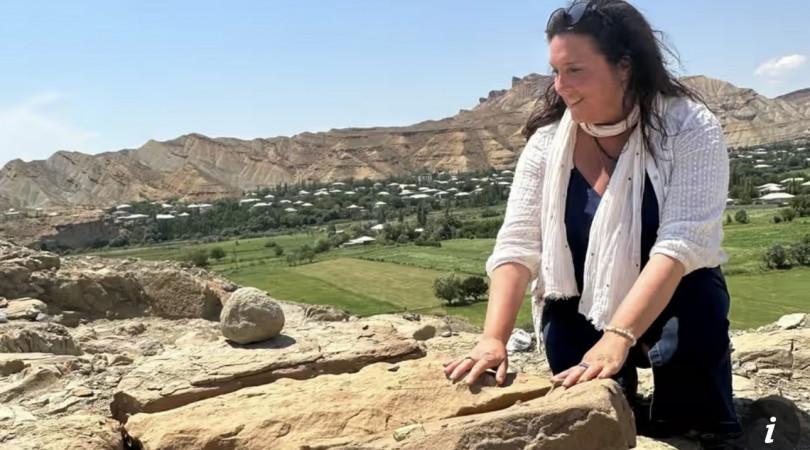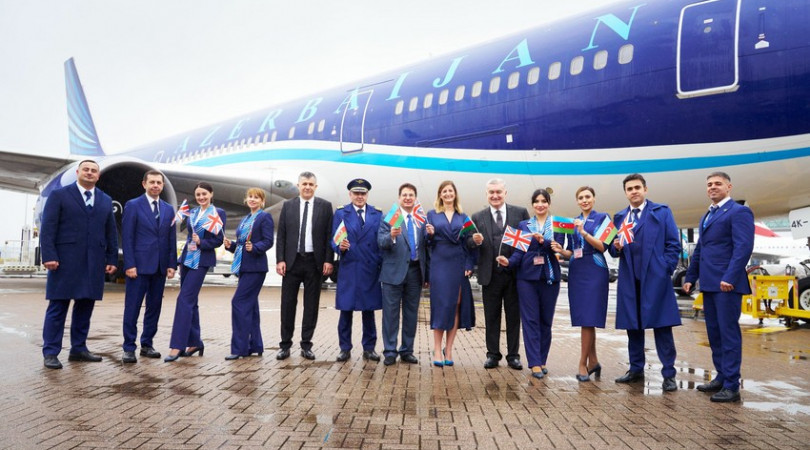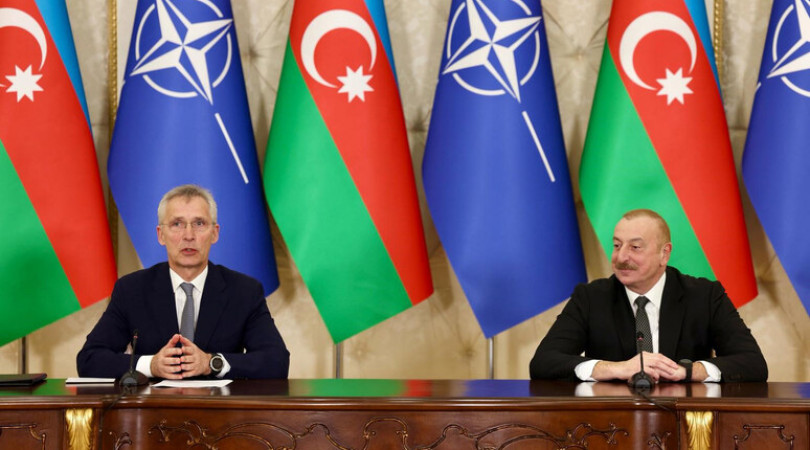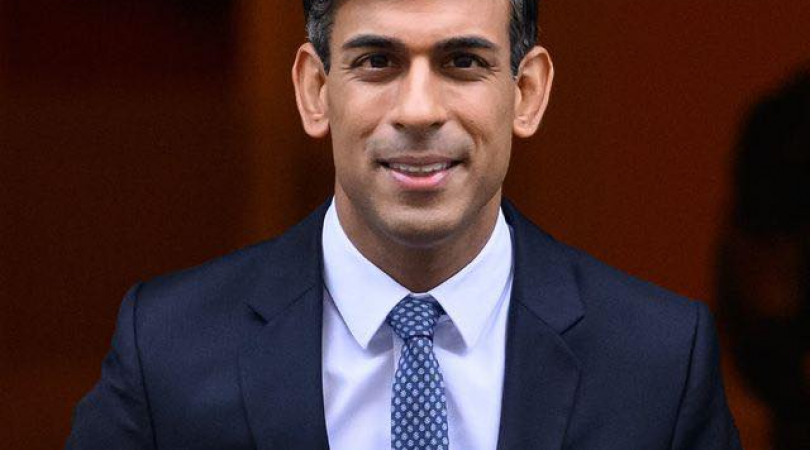JEYHUN AZIZ OGLU BAYRAMOV, Minister for Foreign Affairs of Azerbaijan, pointed out that his country is well-known for promoting intercultural and interfaith dialogue, spotlighting the Baku Process that the Government launched in 2008 with various partners. Based on that experience, Azerbaijan launched a new international initiative, the Peace4Culture Global Call, which aims to contribute to sustainable peace and the development and protection of cultural heritage. Among other international and domestic initiatives, Azerbaijan also pursues a transition to a green, circular economy, which is a priority in its development agenda despite oil and gas playing a significant role in its economy. He pointed out that the non-oil sector of his country’s economy rose by 11 per cent in the first half of 2022, triggering a 7.2 per cent increase in its gross domestic product (GDP). Further, $3 billion has been allocated from the State budget towards building new “smart” cities and villages using modern urban-planning methods. Positioned at the crossroads of the North-South and East-West transport corridors, routes passing through Azerbaijan offer competitive advantages for transport operators and businesses, he added.
However, he noted that Armenia has inflicted long-term damage on his country’s environment, also destroying, plundering or misappropriating thousands of Azerbaijan’s cultural-heritage objects. Recalling that his country has called on Armenia for decades to support an independent, transparent mission by the United Nations Educational, Scientific and Cultural Organization (UNESCO) to advise on protecting cultural heritage in the region, he reiterated that request. For almost 30 years, Armenia has committed ethnic cleansing and carried out an illegal settlement policy. In response to yet another large-scale military provocation, Azerbaijan launched a counter-offensive in 2020, liberating its territories and resolving the conflict through military and political means in line with the statement signed by the leaders of Azerbaijan, the Russian Federation and Armenia on 10 November 2020. Azerbaijan has now embarked on unprecedented recovery and reconstruction activities in the liberated territories, he said, but a major impediment to this process is Armenia’s continued refusal to provide accurate, complete information on mined areas.
He went on to emphasize that his country is committed to regional peace, stability and development and, to this end, that establishing good relations between Armenia and Azerbaijan is key to building a secure, prosperous South Caucasus. Azerbaijan, therefore, has initiated the process of normalizing its relations with Armenia, along with efforts to begin delimiting borders and unblocking transportation and communication links. He pointed out, however, that Armenia — instead of implementing its commitments in good faith — frequently resorts to provocations and sabotage to exacerbate tensions and undermine the normalization process. Detailing the recent large-scale military provocation by Armenia, he underscored that his country “is not, and cannot be, interested in this tension” and noted that the latest hostilities erupted near areas where large-scale, post-conflict investment, rehabilitation and reconstruction projects were under way. Urging Armenia to constructively engage in the ongoing normalization process, he stressed that “it is high time” for both nations to turn over this tragic page of history and start building a better future for their children. “The commitment of the Azerbaijan side is there,” he underlined.

